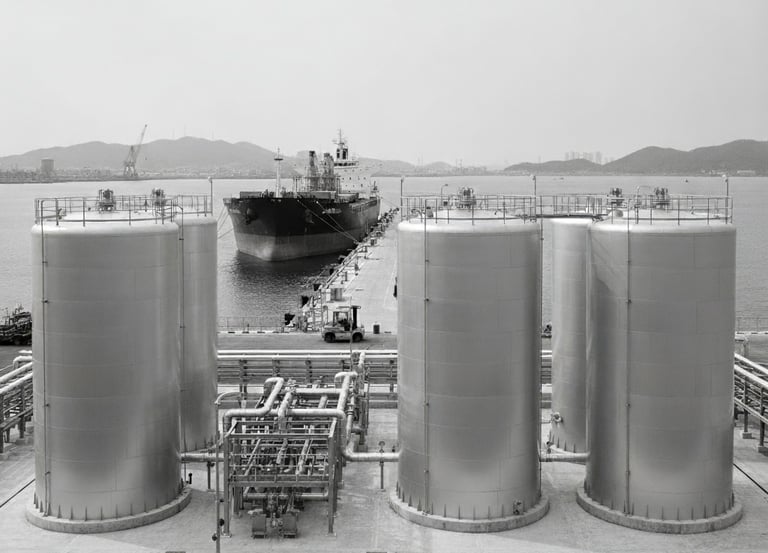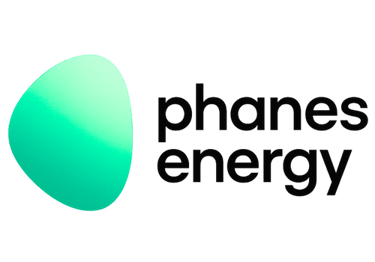The case for P2X


Why P2X Matters for Energy Transition
Energy transition requires more than electrification alone. Heavy industry, shipping, aviation, and fertilizer production demand energy-dense fuels that batteries cannot provide. P2X bridges this gap, transforming variable renewable energy into molecules that store for months, transport across oceans, and deploy exactly when needed—decarbonizing sectors responsible for 30% of global emissions.
What is Power-to-X?
Power-to-X (P2X) converts renewable electricity into storable energy carriers and industrial feedstocks. When solar and wind resources exceed immediate demand, P2X technologies capture this energy by producing green hydrogen through electrolysis, creating versatile products like ammonia, methanol, and synthetic fuels for hard-to-decarbonize sectors.
Why Ammonia:
The Hydrogen Carrier of Choice
Established infrastructure
200+ global terminals with proven safety protocols
According to the Liebreich Clean Hydrogen Ladder, ammonia sits in the top tier (Row A) for fertilizer production and Row B for shipping—applications with "no real alternative" where hydrogen derivatives are irreplaceable.
Unlike pure hydrogen requiring compression to 700 bar or liquefaction at -253°C, ammonia offers decisive advantages.
85% cheaper than liquid hydrogen for long distances
Economic transport
Energy density
1.5x more energy than liquefied hydrogen per volume
Dual-use flexibility
Immediate use as fertilizer or maritime fuel
Europe's Ammonia Imperative
Europe's REPowerEU targets 10 million tonnes of green hydrogen imports by 2030, largely arriving as ammonia.
Combined industrial and transport demand reaches 197-250 million tonnes annually by 2035.
The Africa-Europe Bridge
3,600–4,000 optimal sun hours enable world-class LCOE and low electrolytic H2 costs, creating delivered ammonia equivalence near $3.00–3.50/kg H2 to EU ports.
1,500–2,500 km routes from North Africa to Southern Europe compress voyage times to 3–5 days and reduce shipping costs 40–60% compared with Middle East and Australian supply chains.
Proximity plus existing EU import buildout make North Africa the optimal first-wave supply base for Europe’s clean ammonia growth.
Africa pairs world-class renewable energy with proximity,
yielding lower delivered costs and transport to Europe than Middle East or Australia
Contact
Phanes Group
Creative Tower
PO BOX 4422
Fujairah
UAE
info@phanes.energy
© 2025. All rights reserved.
